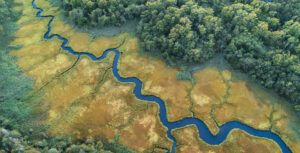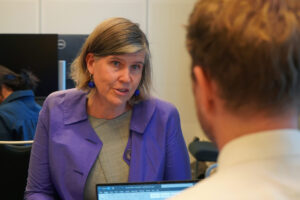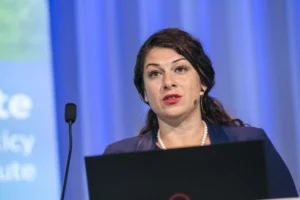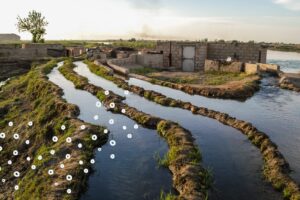Malin Falkenmark: Better rain management essential to food security in Africa
“If we continue with a business-as-usual scenario, the projected poverty deprivation and main population growth will persist in the semi-arid countries of Africa,” says Prof. Malin Falkenmark.
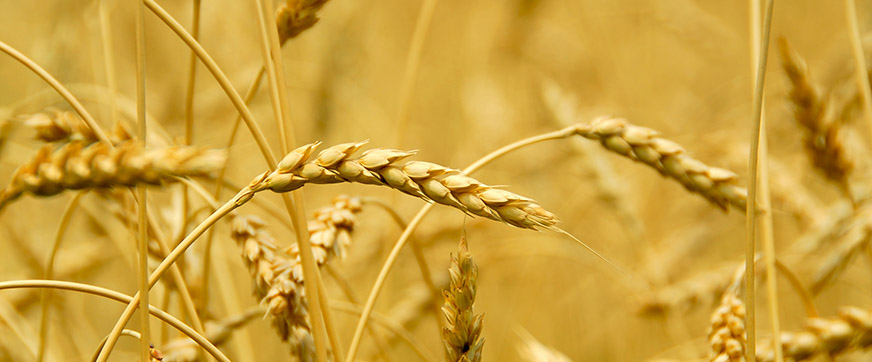
Overlooking Africa’s green water predicament and taking blue water for granted – even where there is none, is a historical mistake being made by the Open Working Group of the post-MDG goals.
Prof. Malin Falkenmark presented the pre-conditions for food production in Africa at her seminar urging all to learn from India and China, where there is a vast revival of water harvesting using traditional practices.
“The main driver for both poverty and hunger alleviation is the possibility to grow food, and in this, climate is a determining factor.”
The seminar, held at this year’s World Water Week, focused on the need for better rain management in semi-arid regions of Africa where population growth is high, and irrigation water scarce.
Dr. Johan Rockström (SRC) presented green water solutions as key for sustainable development, stating “if we don’t get it right, we are soon at the tipping points of the life sustaining systems that support life on earth”.
Modern civilization has only been able to develop because of agricultural cycles that rely on weather predictability. The climatic changes are irreversible, but considering that 60% of the water cycle is “green” water and as much as 90% of the total water agricultural produce is rain water, there is great potential for increasing it – if we can let go of the blindness we tend to have regarding this resource.
The concerned scientists statement and subsequently Nature commentthat Malin Falkenmark and Johan Rockström collaborated on, also highlights the role for green water in achieving the Sustainable Development Goals.
The seminar can be viewed here.
